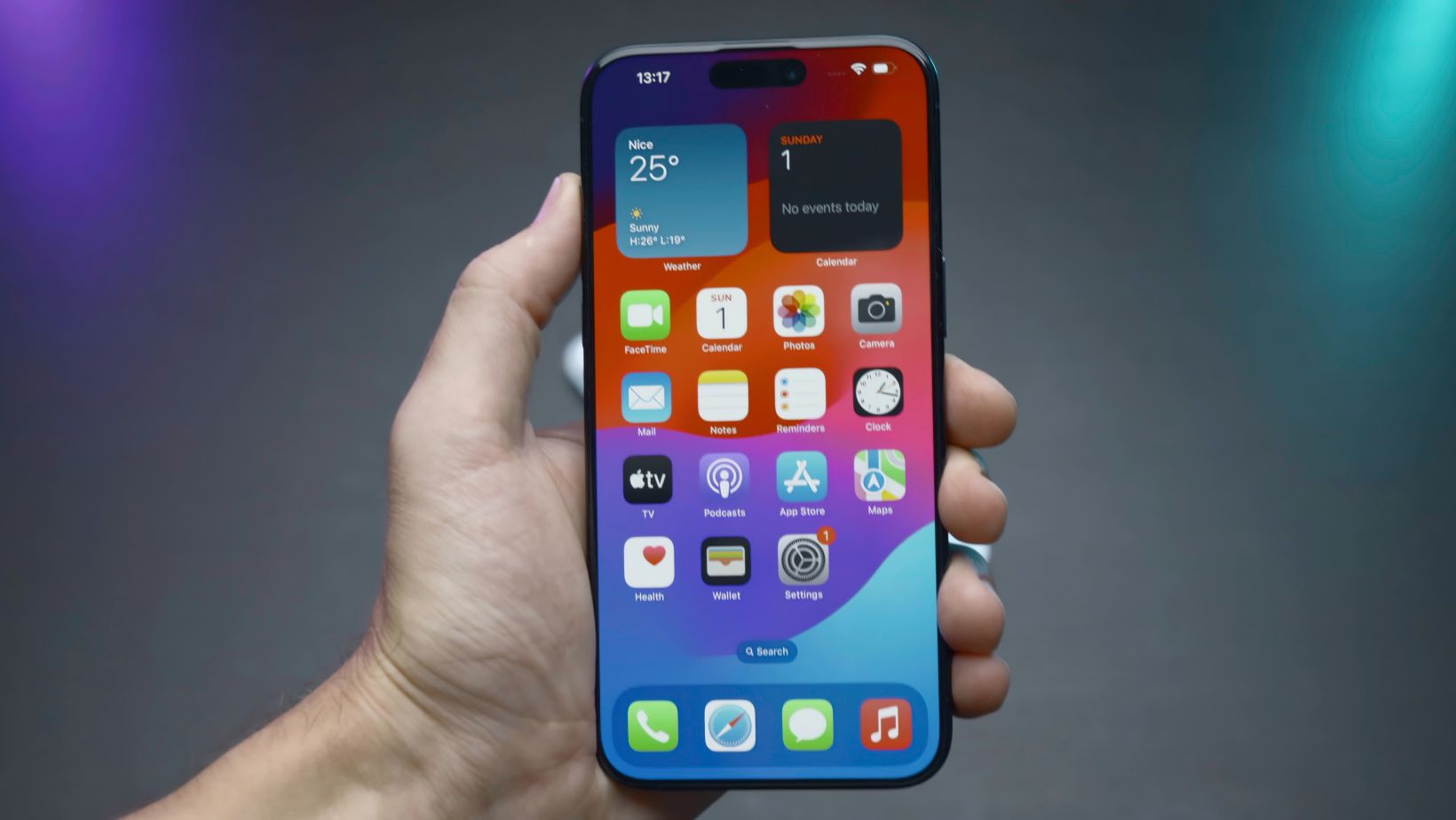Imagine stepping into a world where you’re the hero of your own story, engaging in epic adventures, and unraveling mysteries – all from the comfort of your smartphone. Welcome to the realm of AI roleplay apps, where artificial intelligence brings your fantasies to life. These apps aren’t just games; they’re immersive experiences that learn and adapt to your choices, creating dynamic narratives that are as unique as you are. Whether you’re a seasoned roleplayer or a curious newbie, AI roleplay apps offer a new level of interactivity and immersion. In this article, we’ll delve into the fascinating world of AI roleplay apps, exploring how they work, their benefits, and the future possibilities they hold. So, buckle up and prepare for an exhilarating journey into the future of storytelling.
AI Roleplay Apps
 AI roleplay apps represent interactive applications that harness artificial intelligence technology to provide immersive storytelling experiences. These next-generation apps are digital playgrounds where users don the mantle of main characters in simulated narratives. It’s their choices that help shape the storyline of their personal tale. Unlike traditional storytelling approaches, AI-powered roleplay apps exhibit prime adaptability, adjusting to user-specific actions, contributing to a one-of-a-kind narrative each time.
AI roleplay apps represent interactive applications that harness artificial intelligence technology to provide immersive storytelling experiences. These next-generation apps are digital playgrounds where users don the mantle of main characters in simulated narratives. It’s their choices that help shape the storyline of their personal tale. Unlike traditional storytelling approaches, AI-powered roleplay apps exhibit prime adaptability, adjusting to user-specific actions, contributing to a one-of-a-kind narrative each time.
How Do AI Roleplay Apps Work?
AI roleplay apps function primarily through advanced machine learning algorithms. These sophisticated algos analyze the user’s actions, decisions and frequently chosen narrative paths. Through meticulous data analysis, the AI models possible consequences for each decision, essentially authoring the story in real-time, perfectly tailored to the user’s choices. Importantly, this makes every experience unique. AI roleplay apps are not static narratives—they’re dynamic stories that adapt and evolve according to user input, practically breathing life into digital storytelling.
Key Features of Top AI Roleplay Apps
AI roleplay apps, with their advanced machine learning algorithms, leave a mark in the field of digital entertainment by providing an immersive user experience. Let’s delve into the key features of these digital gems that make them standout.
Personalized Avatars
In AI roleplay apps, users get to craft personalized avatars. They hand-pick their character’s facial features, hairstyles, clothing, and accessories, allowing for creative self-expression. For instance, one might choose an avatar with green eyes, shoulder-length hair, and a chic outfit, giving it a distinctive mark of personalization.
Interactive Storytelling
Interactive storytelling sets AI roleplay apps apart. Users play a critical role in shaping the narrative, with every decision and action impacting the story’s outcome. A choice made by a user, such as helping a character in trouble, might alter the story’s trajectory, making the experience highly engaging and unpredictable, hence transforming traditional storytelling into a dynamic adventure.
story’s outcome. A choice made by a user, such as helping a character in trouble, might alter the story’s trajectory, making the experience highly engaging and unpredictable, hence transforming traditional storytelling into a dynamic adventure.
Voice Recognition Technology
Leveraging voice recognition technology, AI roleplay apps provide a means for interactive communication. A user’s commands are recognized, processed, and reciprocated with suitable responses, fostering a more immersive user experience. When a player voices a command like “Run” in an adventurous sequence, the character promptly responds by picking up pace, epitomizing real-time interaction. These features, crafted meticulously, make AI roleplay apps the cutting-edge tools in narrative gaming. Personalization, interactivity, and voice recognition ensure a shared authority over storytelling – a concept embraced by many in today’s digital entertainment landscape.
Benefits and Risks of Using AI Roleplay Apps
AI roleplay apps have emerged as a revolution in the gaming industry. They’re not just games; they’re personalized, immersive experiences that put  users in the driver’s seat of their own stories. With features like customizable avatars, interactive storytelling, and voice recognition, these apps are pushing the boundaries of traditional gaming. But it’s not all roses. As with any technology, there are potential risks. Data privacy is a major concern, as these apps collect a lot of user information to personalize the experience. There’s also the risk of AI becoming too influential, potentially manipulating user choices and perceptions. So, while AI roleplay apps offer a new level of engagement and personalization in gaming, users must be aware of the potential risks. As the technology evolves, it’s crucial to balance the immersive experience with user safety and data protection.
users in the driver’s seat of their own stories. With features like customizable avatars, interactive storytelling, and voice recognition, these apps are pushing the boundaries of traditional gaming. But it’s not all roses. As with any technology, there are potential risks. Data privacy is a major concern, as these apps collect a lot of user information to personalize the experience. There’s also the risk of AI becoming too influential, potentially manipulating user choices and perceptions. So, while AI roleplay apps offer a new level of engagement and personalization in gaming, users must be aware of the potential risks. As the technology evolves, it’s crucial to balance the immersive experience with user safety and data protection.



